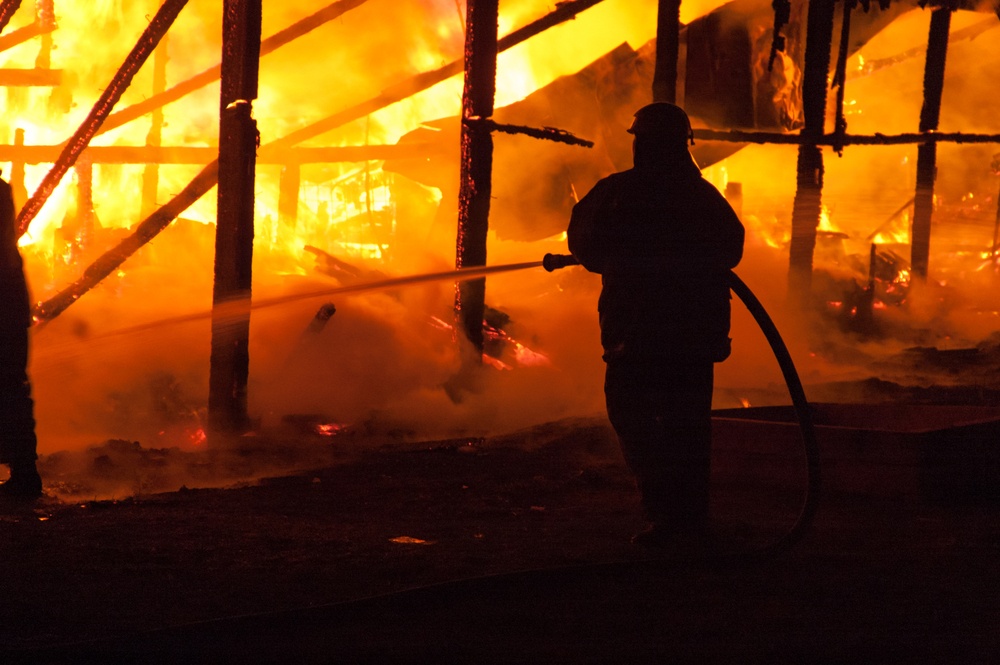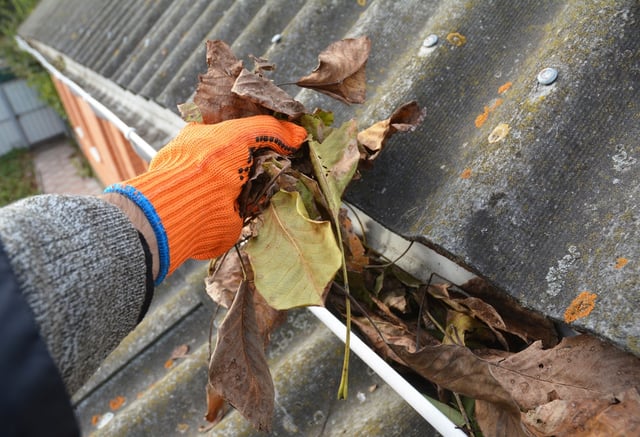-
Leading builders of Modular Homes in NSW, VIC, & SA
-
-
Leading builders of Modular Homes in NSW, VIC, & SA

While bushfires are important to the ecology of the country, they are also potentially dangerous to your home. Sparks or embers can spread the fire into residential areas and it’s important to take the necessary steps to minimise your home's risk and ensure the safety of loved ones.
To help get you started, we’ve put together a list of essential to-do’s this summer as it starts to warm up.
Your Home and Property
1. Make sure you have working smoke alarms which should be tested every year.
2. Remove dry leaves, tree needles and branches from the roof and the garden. If they catch a spark from neighbouring bushfires, they can burn like tinder. Indeed, they are tinder!
3. Remove any tree branches that hang over your home or are very close to it. Tree branches are a conduit for fire.
4. Put paths and gardens between your home and vegetation that can burn, such as trees. Soil or concrete paths can slow a fire and even stop a small one.
5. Implement a 20-metre fire protection zone around your property to protect it from embers and radiant heat.
 Clean gutters regularly to minimise fire risk
Clean gutters regularly to minimise fire risk
Develop a Fire Safety Plan
In case of a fire in your home or on your property, it’s a good idea to develop a fire safety plan. Make sure everyone in the family, even small children, know what it is.
1. Clearly define the evacuation route out of your house. Practice it several times and if necessary draw up a map which can be placed on the back of doors.
2. Choose a meeting place well away from your house. It could be a rock, a post office box or other landmark. Practice going there and returning.
3. Remember, nobody goes back in the house when a fire is raging. Not for any belongings, no matter how important.
.jpg?width=640&name=shutterstock_522113317%20(1).jpg) Remember to test your smoke alarm every month
Remember to test your smoke alarm every month
Fire safety starts with being prepared. With the warmer months rapidly approaching don’t delay – prioritise time this weekend to spend some time around the house to minimise the fire risk surrounding your home.
Of course, this list is just a starting point, for more comprehensive information be sure to consult your local CFA.

